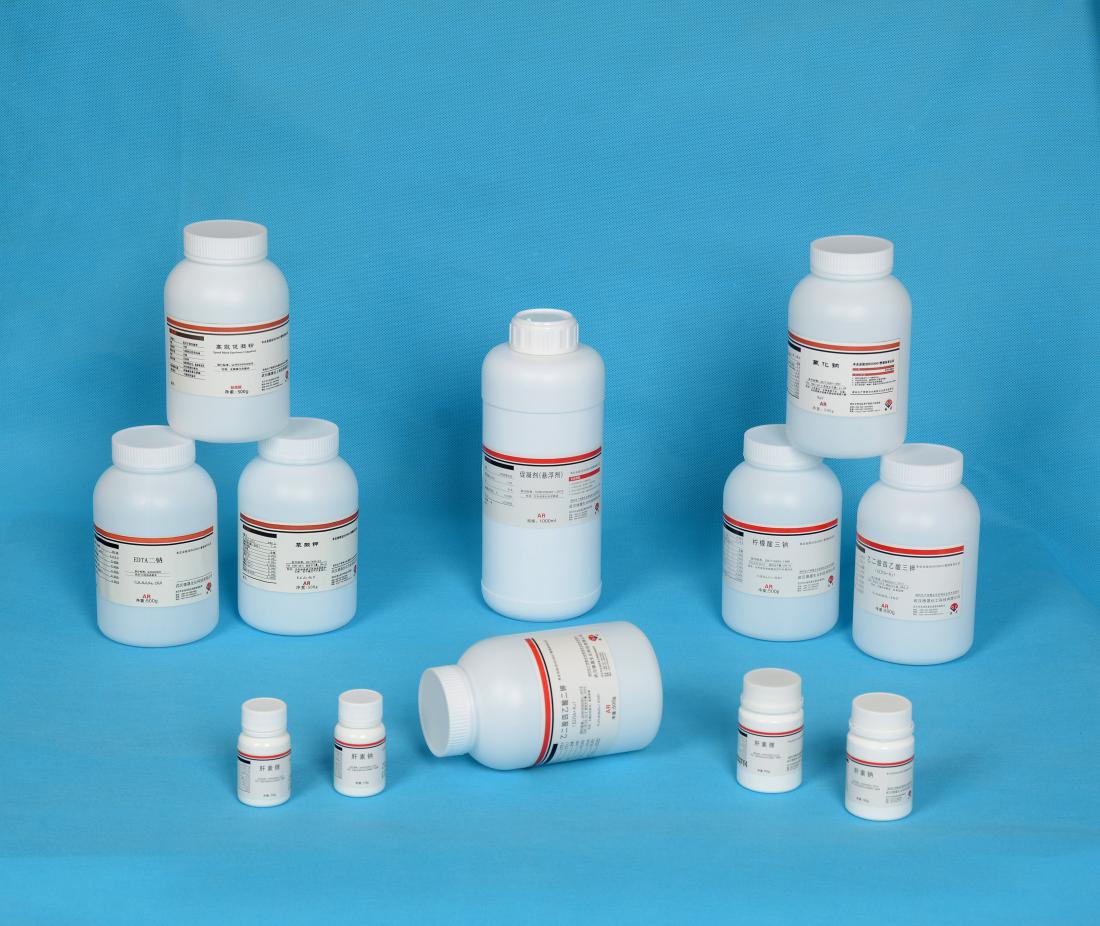| Message: | Heparin is considered to be the best anticoagulant in the determination of blood chemical composition. Sodium and lithium salts are common in clinical blood tests, and have unique application value. Heparin is mainly found in blood collection tubes with green caps, and is suitable for red blood cell fragility test, blood gas analysis, hematocrit test, blood rheology and emergency biochemical determination.
Lithium heparin has the least possibility of interference when detecting non-lithium ions, and has better anticoagulant activity than heparin sodium. At present, heparin lithium is gradually replacing heparin sodium in blood tests.
Sodium citrate is also known as: sodium citrate. Citrate can form soluble chelate with calcium ions in the blood to prevent blood clotting. It is generally used for checking blood coagulation and blood cell deposition rate.
Sodium citrate is used as an anticoagulant in anticoagulant tubes with light blue caps and ESR tubes with black caps.
Potassium oxalate is an anticoagulant with high dissolution concentration and strong anticoagulant effect. The principle of action is that oxalate and blood calcium ions form calcium oxalate precipitation and tissue coagulation. It is often used for anticoagulation of blood samples for testing. |
 my account
my account
 log out
log out
 my account
my account
 log out
log out
